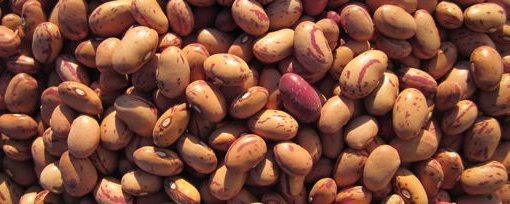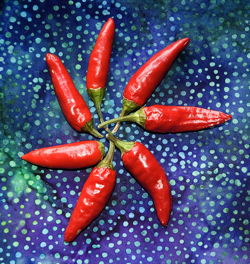Why Save Seeds?
CR Lawn, 2001

To renew your age-old partnership with plants. Seeds are the life force. Plants, as living beings, desire to reproduce. By allowing them to go to seed and complete their growth cycle, you cooperate in a process essential to all life forms on Earth.
To retain control of your food supply. Some things are too important to allow other people to do for you. Food is a basic necessity and the cornerstone of our culture. Control of the seed is key to control of our food supply. By saving seeds you retain that lifeline. Over the past two generations, the seed industry has done almost no work to maintain, improve or develop open-pollinated varieties that will come true from seed. What little has been done has been accomplished by dedicated amateur seed savers and breeders. We need more such people. Instead, the industry has emphasized hybrid varieties whose breeding lines are trade secrets and whose seed will not come true to type. Lately, biotechnology research has almost completely replaced classical plant breeding at our universities and in the seed industry.
To preserve our heritage and our biodiversity. Farmers saved seeds and improved food crops for millennia. Seed companies have been on the scene for fewer than three centuries. Only in the last hundred years have farmers and gardeners become widely dependent on seed companies. Today the seed industry is so concentrated that just five large multinational corporations control 75% of the world’s vegetable seed market. They add and drop varieties according to their own financial interests. Many of our present varieties have only one commercial source. If they are dropped, they will disappear and you won’t be able to get them—unless you save seed.
To preserve the varietal characteristics you want. Most varieties being developed by the industry are for large-scale food processors and marketers. For the most part, they are bred for uniform ripening, long distance shipping, and perfect appearance at the expense of taste and staggered ripening. If you want the best-tasting varieties, save your own seed from the ones you like.
To develop and preserve strains adapted to your own growing conditions. The large corporations who control the seed trade bought out scores of small and regional seed companies and dropped many of the regional specialties. They are interested only in varieties with widespread adaptability. If you want varieties and strains best adapted to your specific climate conditions, you can get them only by saving your own seed. Over several generations, seeds can develop very specific adaptability to the conditions at your site.
To help preserve our right to save seeds. The industry continues to place more and more restrictions on farmers’ and gardeners’ right to save seeds. Variety patenting, licensing agreements, and restricted lists such as that maintained by the European Union, are industry tools to wrest control of the seed from the commons and keep it for themselves. Terminator Technology, now in its developmental phase, would render seeds sterile, making it impossible for farmers to save seed and forcing users back to the seed companies for every new crop.
To increase our available options. Contrary to industry claims, patenting has not encouraged creative plant breeding. Instead it has reduced cooperation among plant breeders and restricted availability of germplasm and plant varieties. Compare the large volume of breakthrough varieties developed prior to the 1980 Diamond v. Chakrabarty Supreme Court decision that opened the floodgates to plant patenting to the rather modest plant breeding accomplishments since.

